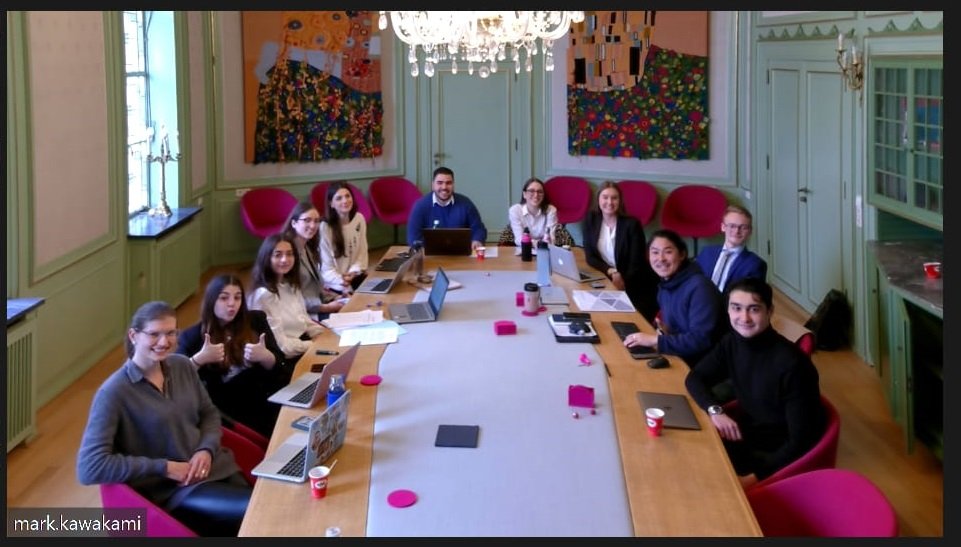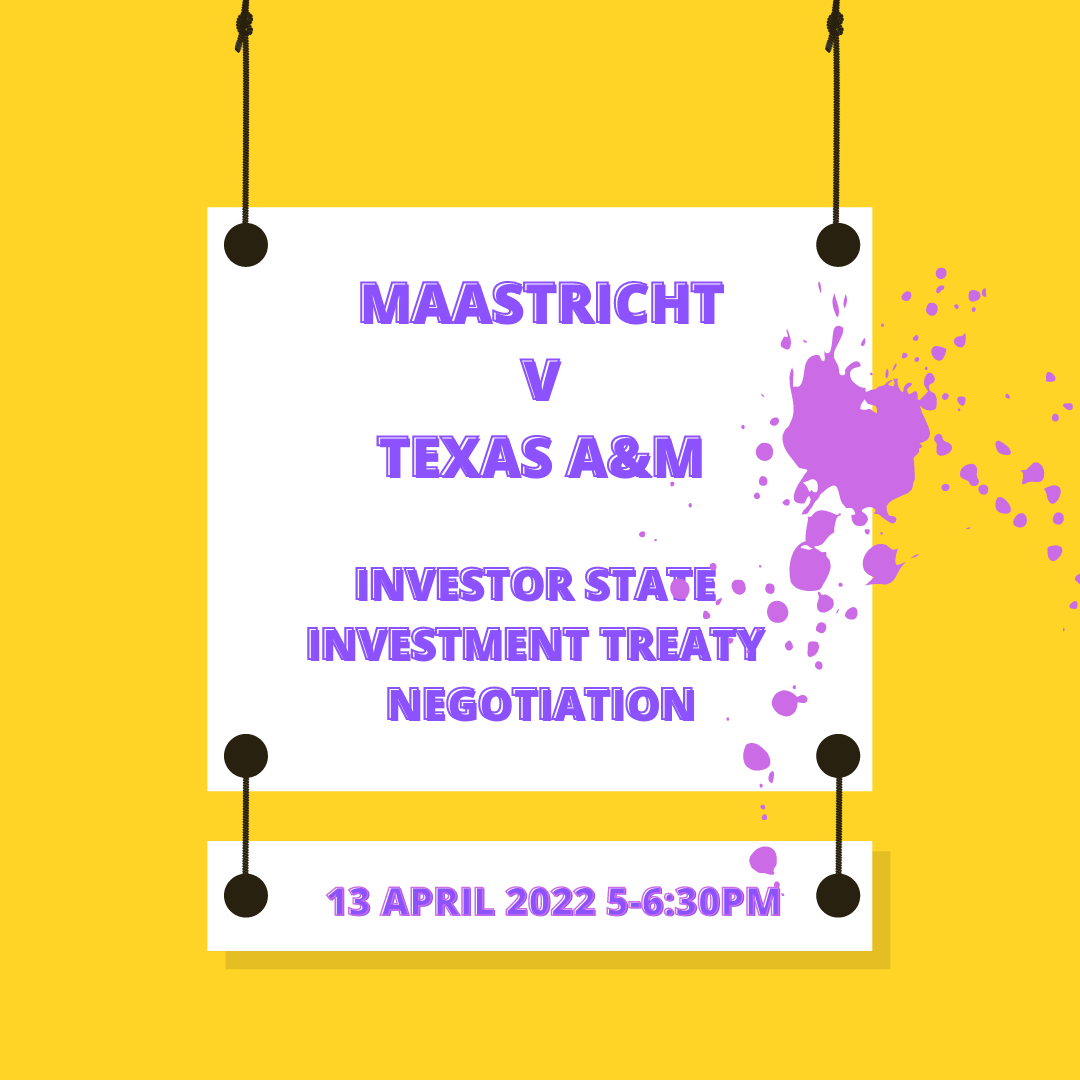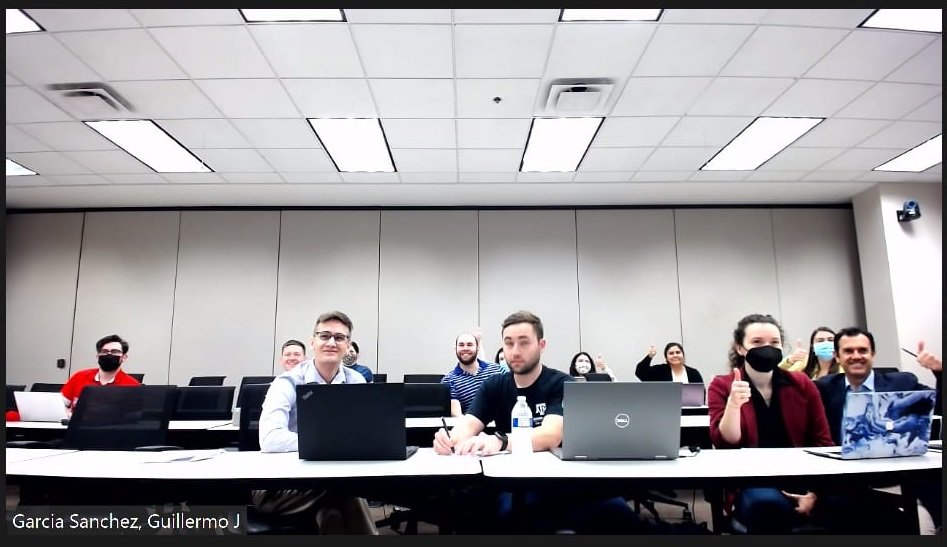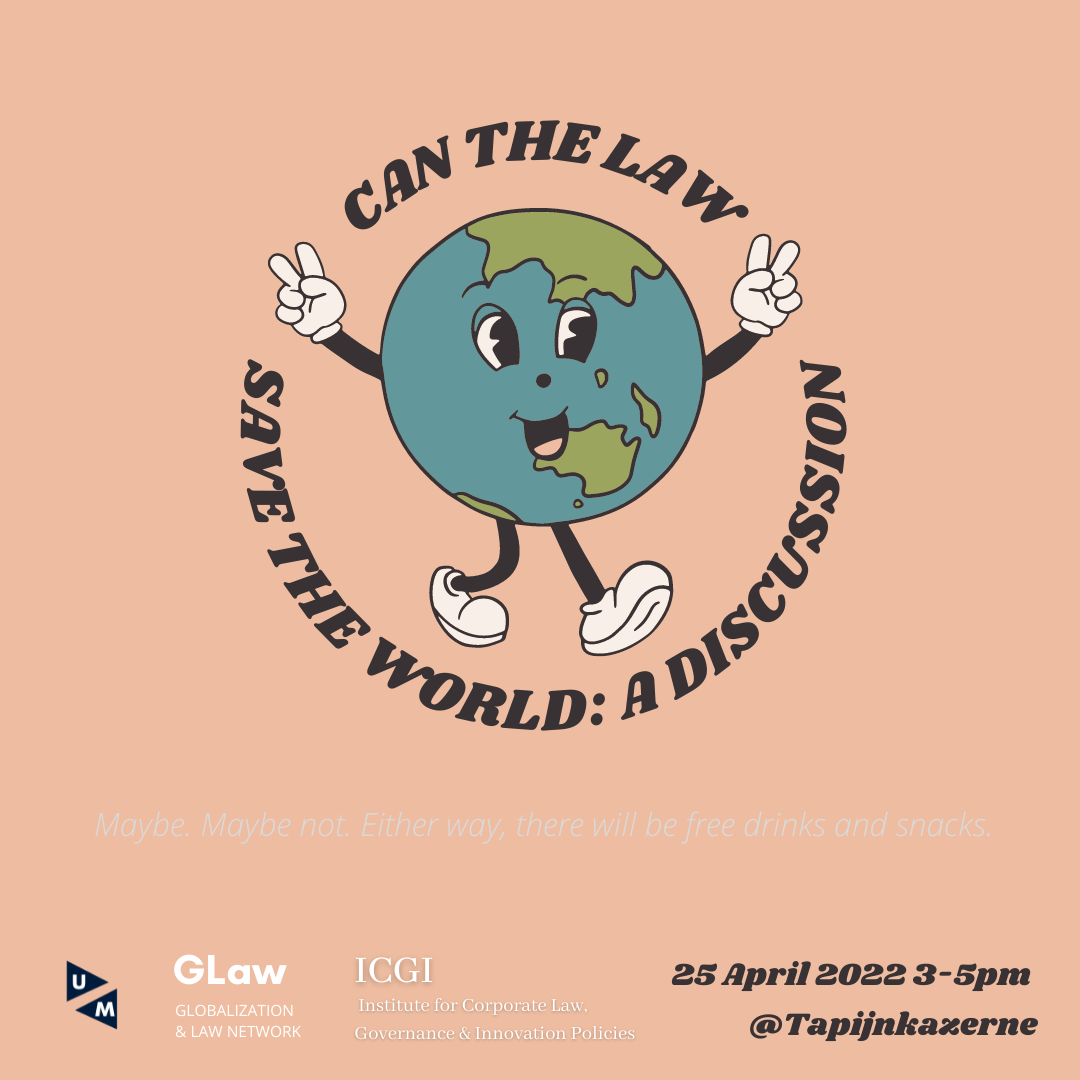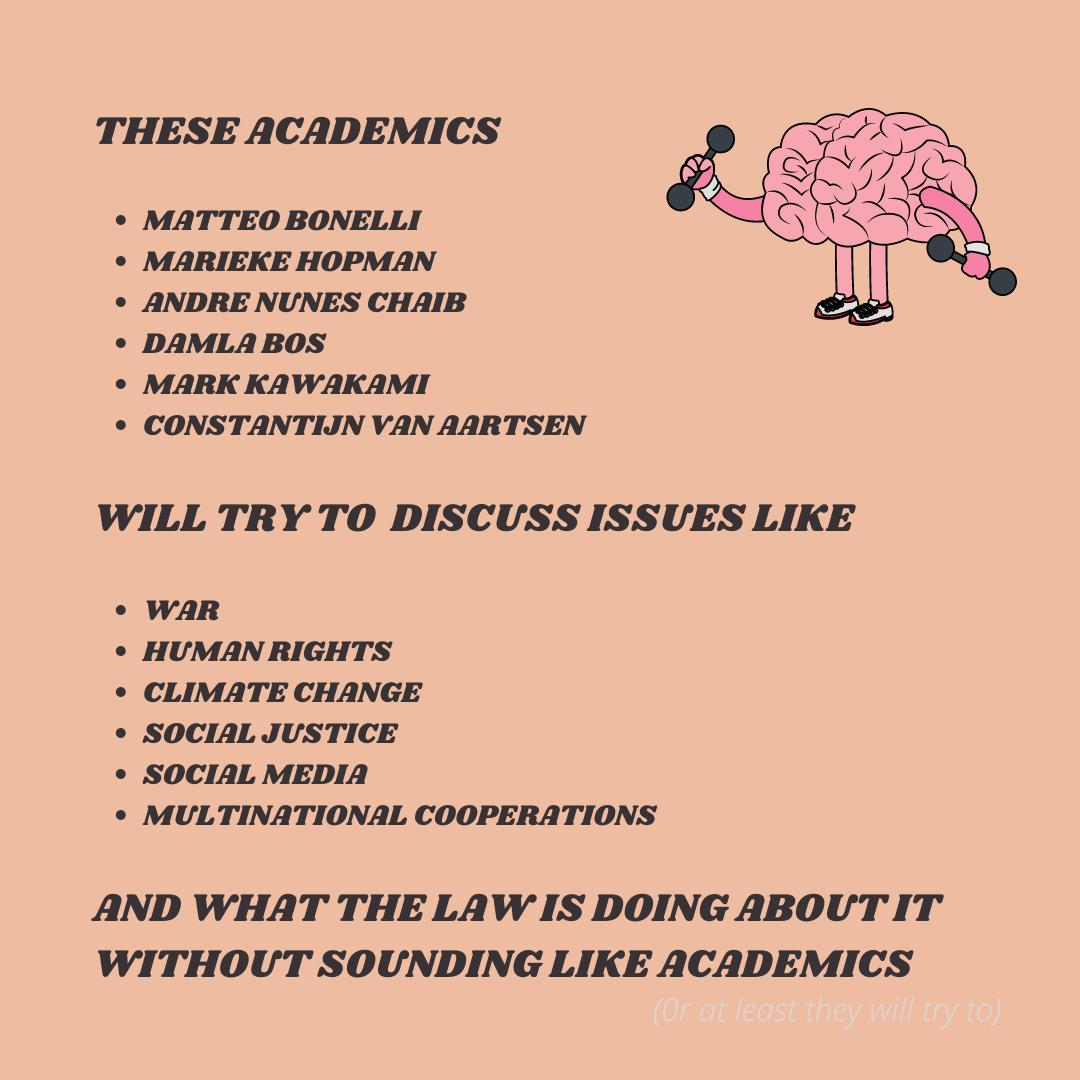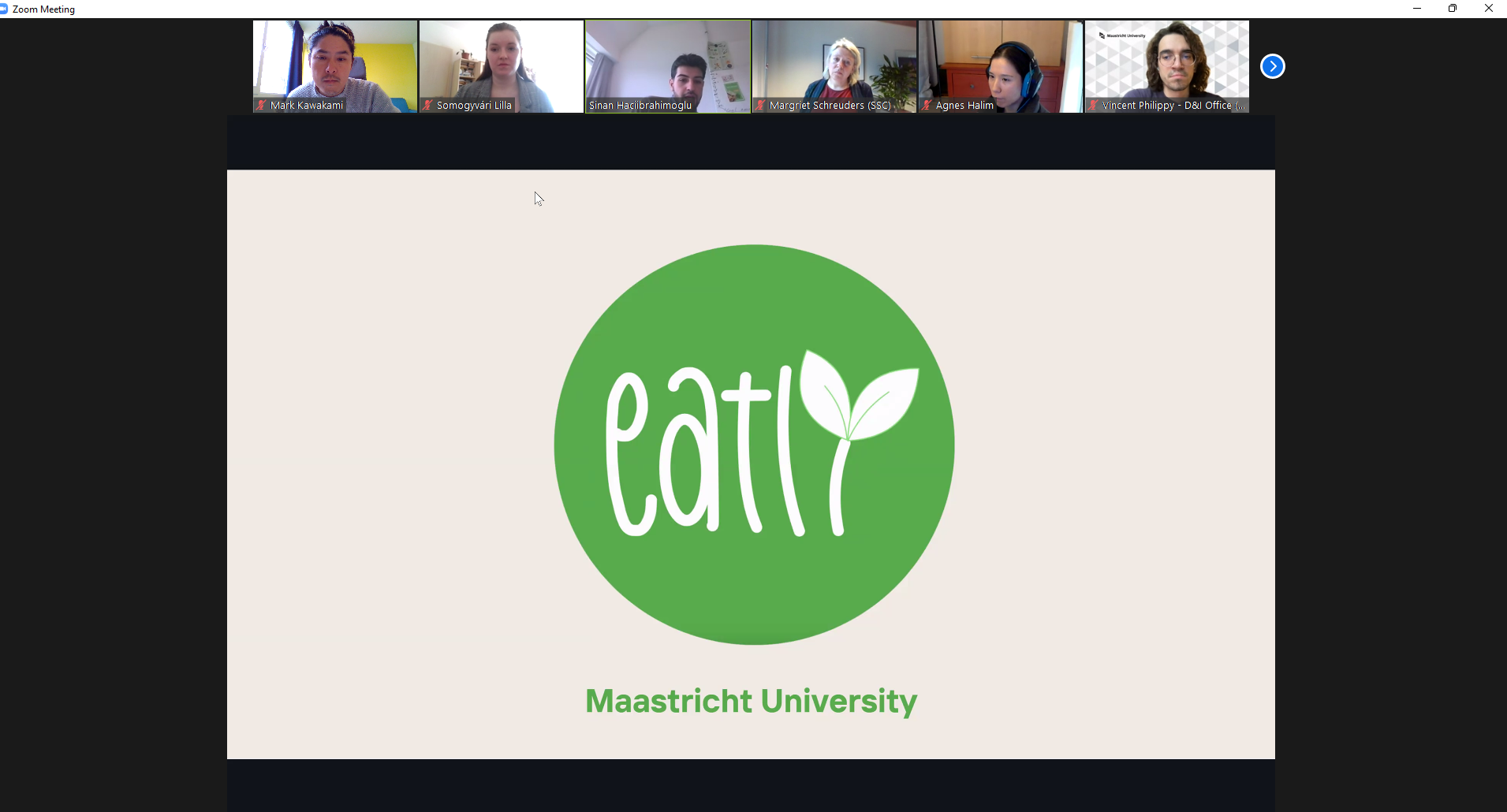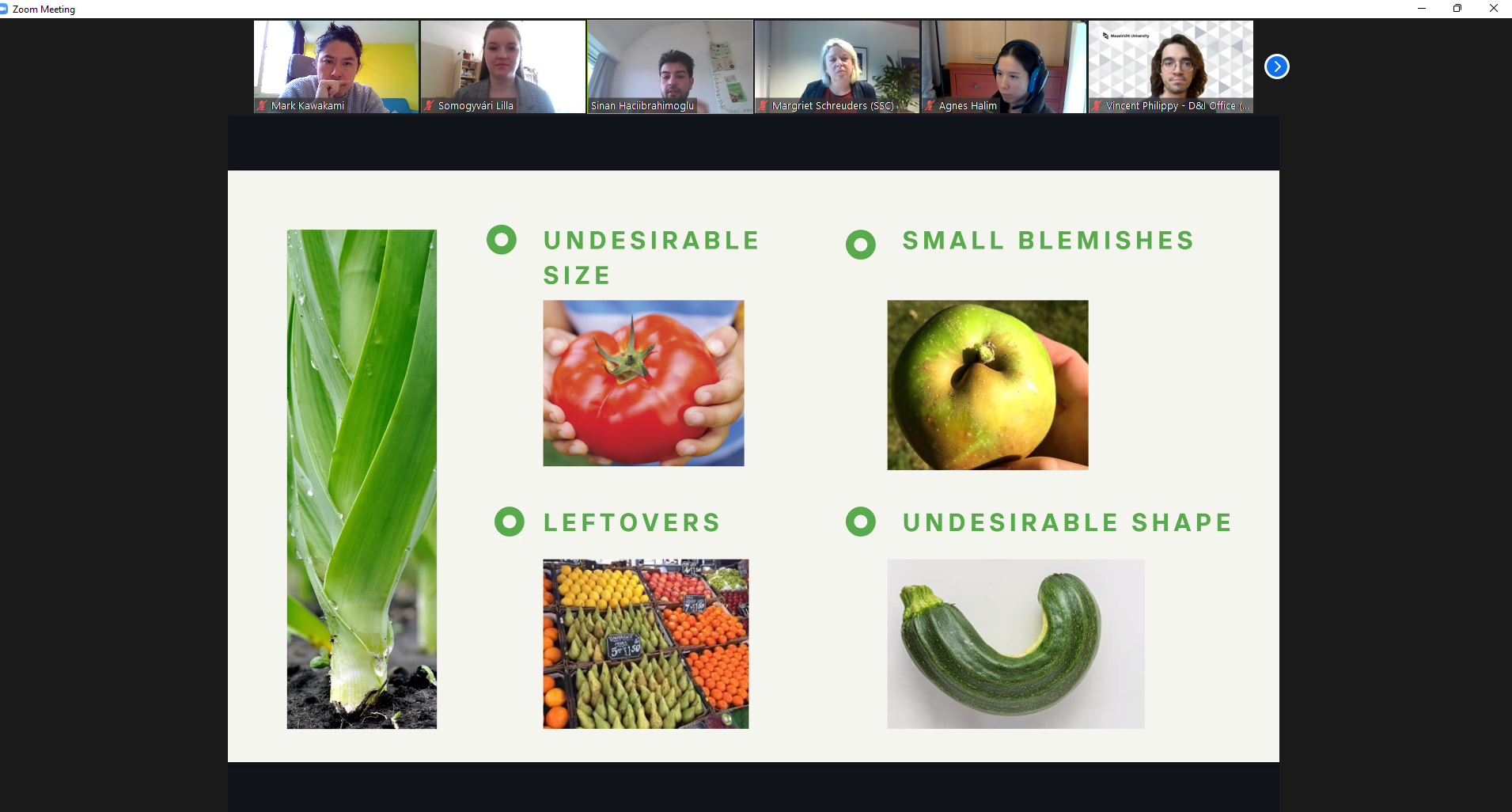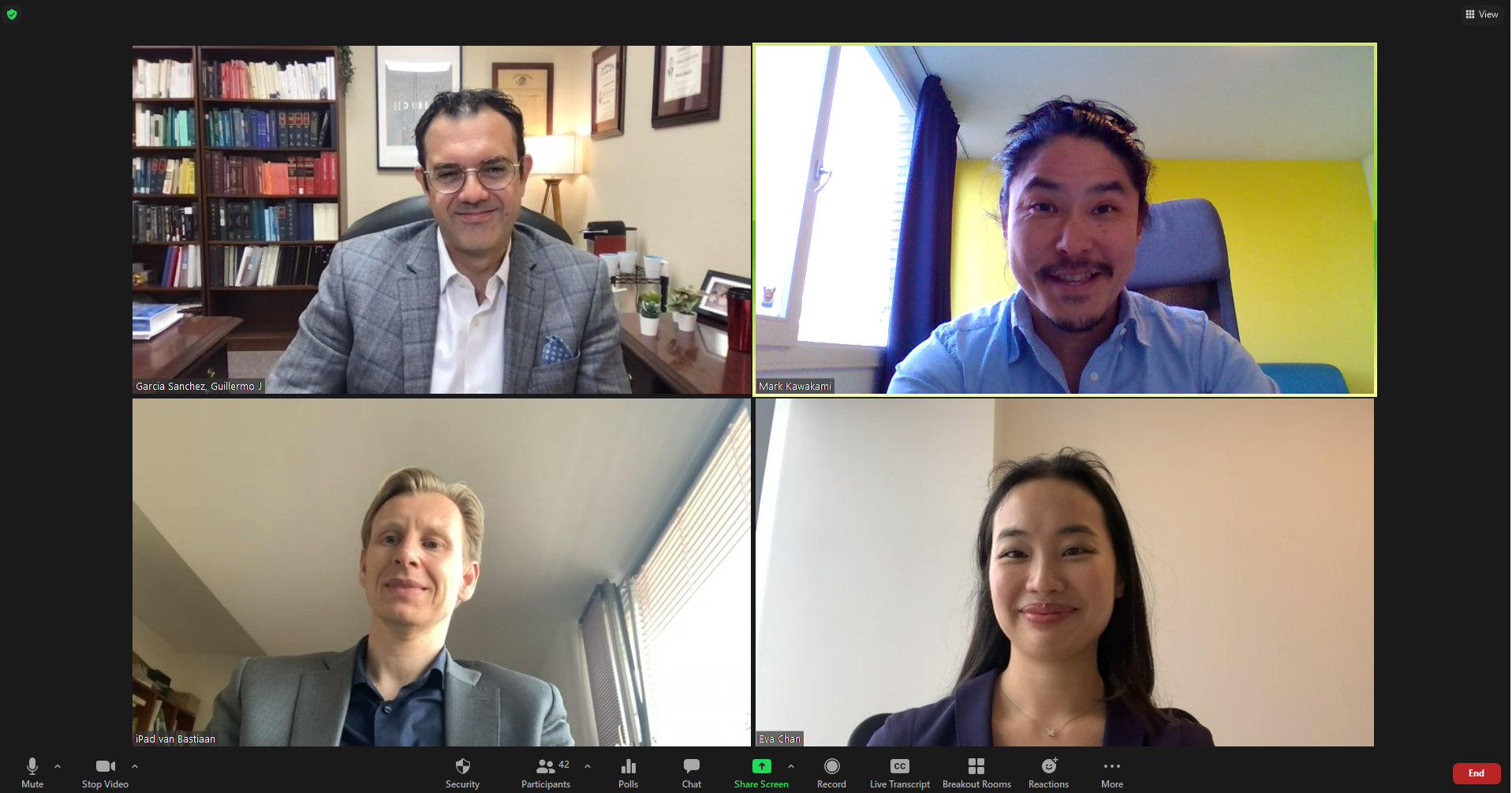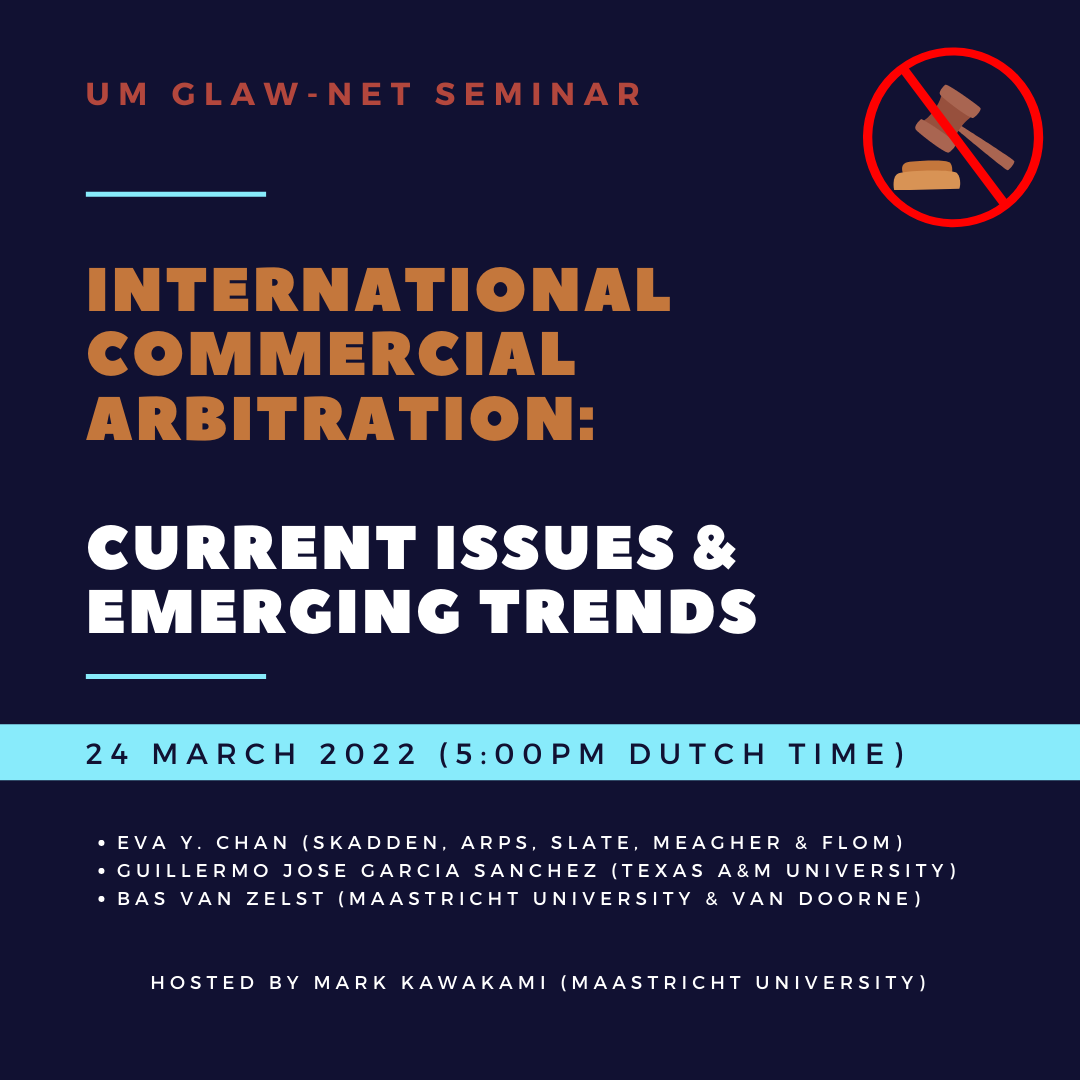Our dear colleague (and friend) Bram Akkermans had his inaugural lecture titled “Sustainable Property Law - Reckoning - Resilience - Reform” last Friday, which asked difficult questions about whether/how property law can be reconceptualized to better promote sustainabilty (with a twist of cautious optimism in a typical Akkermans fashion).
Bram also hosted a delightful conference leading up to his inaugural lecture, titled: “Back to the Future of Property Law - Reimagining Sustainable Property Law.” Although I am not a property lawyer by any stretch of the imagination, Bram asked me to participate and present at this conference. I was slightly reluctant at first - again, not being a property lawyer and having done very mediocre in my Property Law class back in law school – but I was encouraged by Bram to “just have fun with it”, which turned out to be a wonderful advice (I’ve gotten many of them from Bram over the last decade so this was no surprise).
I ended up presenting on the ongoing struggles of the Native Hawaiians and their claims to their ancestral lands. The history of the Hawaiian people from the arrival of Captain Cook in 1778 through the Great Mahele, the Bayonet Constitution, and the overthrow of Queen Liliʻuokalani by US government (which was heavily motivated by their colonial/business interests) in 1893. I even mentioned the Queen’s court case against the United States (which was laughed out of court), and the subsequent attempts by the US to rehabilitate Native Hawaiians through “failed” efforts such as the Hawaiian Homes Commission Act (1921) and more contemporary issues like the building of the Thirty Meter Telescope atop Mauna Kea (a mountain that is the burial ground and the embodiment of the most sacred ancestors).
In the presentation, I made the argument that the Hawaiian Homes Commission Act ought to be redesigned in two ways: First, Native Hawaiians should be allocated prime lands coveted by commercial interests (e.g. beach fronts) and not 3rd or 4th class lands that the Act offers them. The logic being that if there were less lands allocated to commercial interests, then there would be significantly less pollution (think single use plastics on the beaches of Waikiki), thus contributing to sustainability of the Hawaiian islands. The second suggestion, perhaps the more controversial one, was to get rid of the blood quantum requirement imposed by the Act and to replace it with a legal commitment (enforced through the power of contract law) of the lease applicants to practice mālama ʻāina (Hawaiian for living in harmony with and to take care/protect the land) through the ways of the kānaka maoli (the Native Hawaiians) using traditional knowledge of farming and ways of cultivating the land.
The presentation was definitely far outside of my comfort zone, but it felt refreshing – if not, damn near liberating – to talk about a topic that I’ve wanted to learn more about and to share with others (but never really had a platform) and for that, I am extremely grateful to Bram. To have a professor that nudges their colleagues to go beyond their comfort zone, to get inspired, and to share their interesting findings with colleagues (who had gathered from all over the world for the conference and the inaugural) is such a huge asset for our faculty. I am very grateful to Bram and wish him a very big congratulation for a very successful conference and a wonderful inaugural.
I would be remiss if I did not add here that in my presentation, I got to incorporate a slide with the Tyrannosaurus Rex (from Jurassic Park), Moana (aka Viana), and Lilo & Stich, which Sam absolutely loved. I think this was the first time that he actually enjoyed any of my “work” presentations, so thank you for that as well Bram!



